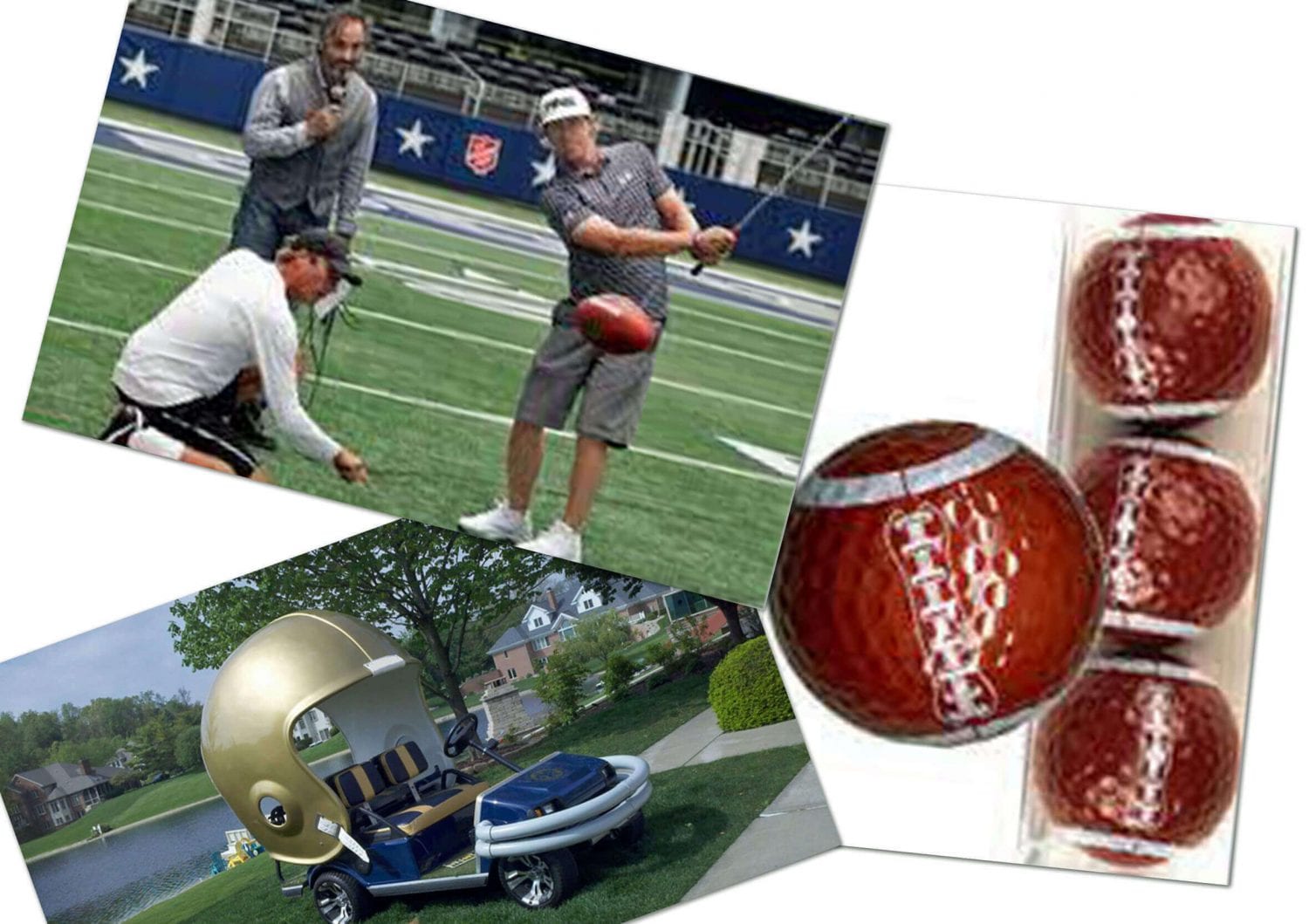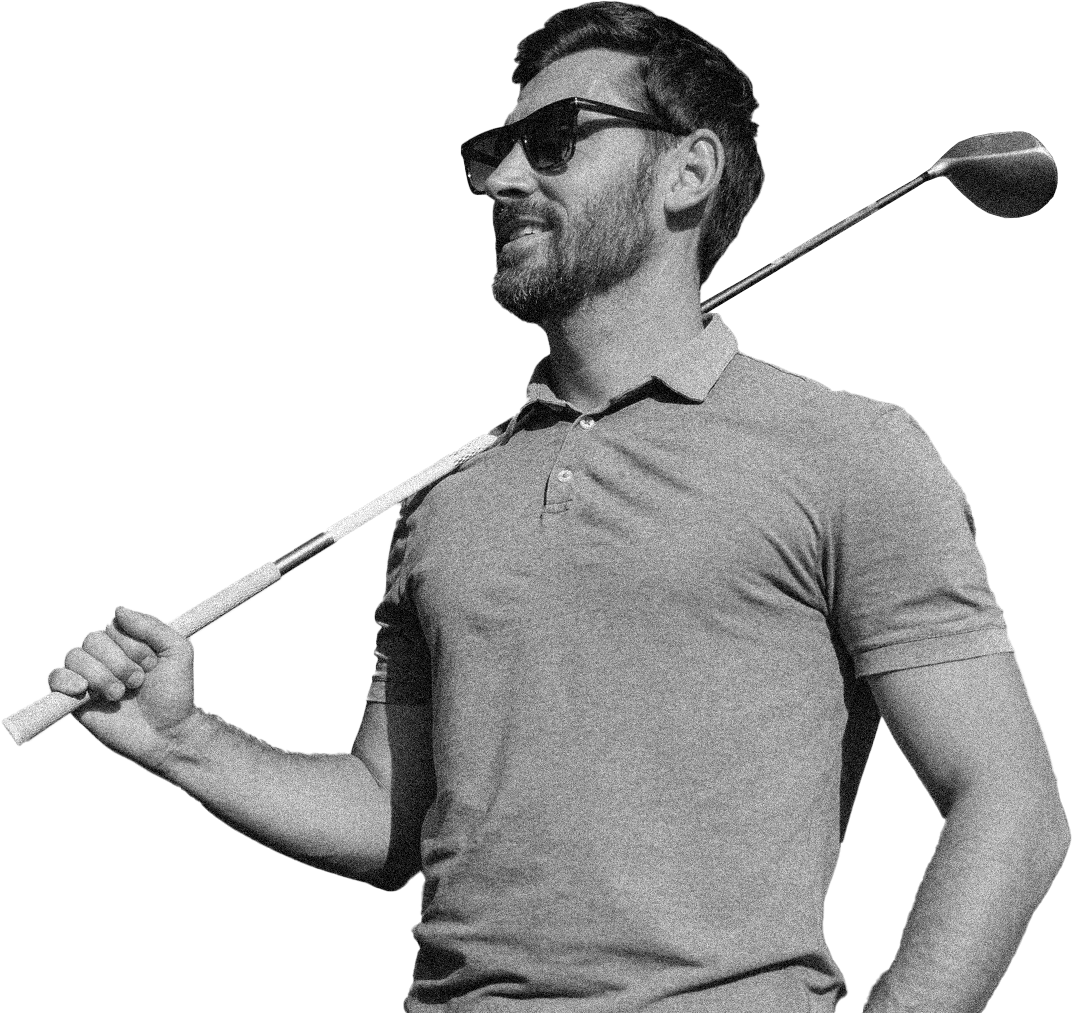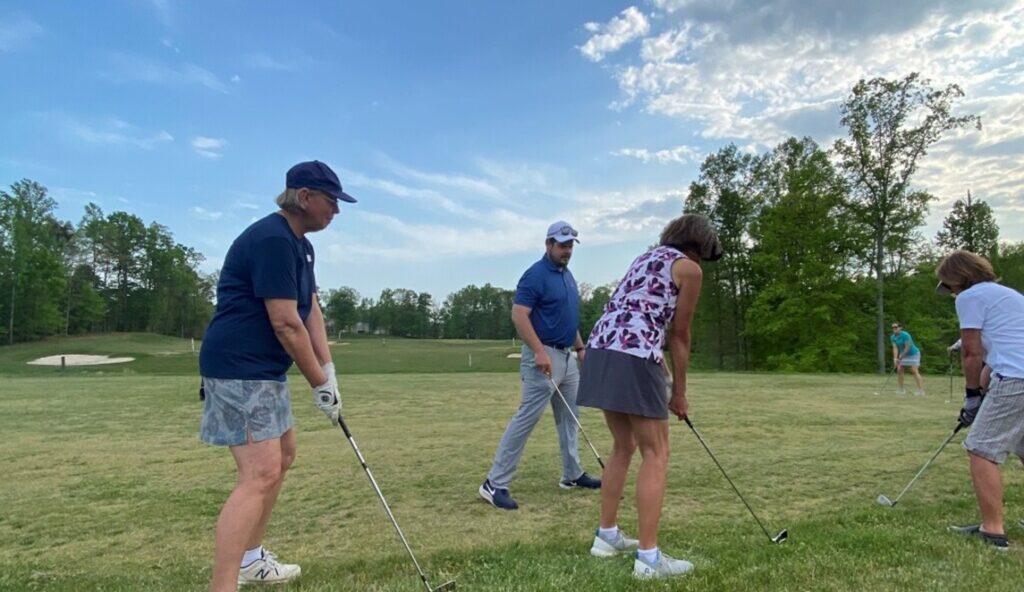Every golfer dreams of lowering their score, hitting cleaner shots, and mastering the game. But as you stand over the ball, frustration can creep in when your efforts don’t seem to translate into improvement.
You might even wonder, “What am I doing wrong?” The truth is, many golfers are missing one critical factor: ownership. If you want to see real progress, you need to take full responsibility for your golf improvement plan and process. That’s where the transformation happens.
Just like any successful athlete, owning your process means having a clear understanding of what you’re working on, why you’re working on it, and how you’re going to reach your goals. It’s not just about attending lessons or watching swing tutorials—it’s about creating a personalized plan that reflects your needs and goals.
Whether you’re attending lessons or a Florida golf school vacation, it’s essential to approach improvement with intention and commitment.
1. Start with Clarity: What Are You Trying to Achieve?
One of the first steps to owning your golf improvement is having clarity. Before you can move forward, you need to know where you are and where you want to go. Many golfers jump into practice without a clear understanding of what they’re working on. As a result, their time on the range becomes aimless, and they see little to no progress.
So, how do you get clarity? Start with an honest assessment of your game. What are your strengths? What are your weaknesses? It’s not just about what you think—getting feedback from a coach or professional assessment can be incredibly valuable.
A good coach will help you identify key areas to improve, whether it’s your short game, driving accuracy, or mental focus.
When you attend a Florida golf school vacation, for example, your instructor will evaluate your game in a focused, supportive environment. This evaluation gives you the clarity needed to build a roadmap for improvement. The goal is to have a customized plan, not a generic one-size-fits-all approach.
2. Commit to the Process
Once you’ve gained clarity, it’s time to commit. Improvement in golf isn’t something that happens overnight. It requires patience, discipline, and the willingness to put in the work. This is where many golfers fall short—they expect quick results and lose motivation when they don’t see immediate changes.
Here’s the reality: progress takes time, but commitment to the process is what separates those who improve from those who stay stagnant.
Commit to practice, but not just any practice—focused, purposeful practice. If you’re working on your swing mechanics, break it down into small, manageable steps. If putting is your weakness, dedicate extra time to the green. Every aspect of your game deserves attention.
During a Florida golf school vacation, you’ll be guided by professionals who understand the importance of commitment. They’ll help you develop a routine and stay accountable to your goals, ensuring that you’re not just putting in time but making meaningful progress. The key here is consistency—showing up for yourself and your game day after day.
3. Treat Your Game Like a Team Effort
Improvement in golf isn’t just about fixing one part of your game; it’s about seeing how the different aspects of your game work together. Just as a team relies on each member to perform their role, your driving, putting, and mental focus all need to be in sync. This is why a holistic approach is crucial.
For example, if you’re working on your short game, how does that affect your confidence on approach shots? If you improve your mental game, how does that translate to fewer mistakes under pressure? Understanding how the various elements of your game interact allows you to make strategic improvements, rather than focusing on one area in isolation.
When attending a Florida golf school vacation, you’ll have the opportunity to work on multiple areas of your game in a structured environment.
The benefit of this is that you can see how changes in one area can positively influence another. You’re not just practicing; you’re developing an integrated game plan that addresses all aspects of your performance.
4. Make Your Plan a Living, Breathing Process
A great golf improvement plan is never set in stone. It evolves as you grow, adapt, and face new challenges. What works for you today might need to be adjusted as your skills develop. This is why your improvement plan should be a living process—something you revisit regularly to see what’s working and what’s not.
You might start with a focus on your driving, only to realize later that your putting needs more attention. Maybe you improve your mental focus, but your swing mechanics begin to suffer as a result. Flexibility is key. Don’t be afraid to adjust your plan based on feedback from your coach or your own reflections on your progress.
The best part? During a Florida golf school vacation, you’ll receive ongoing feedback from your instructors, allowing you to make real-time adjustments.
They’ll help you stay on track and make the necessary tweaks to ensure your improvement plan is always relevant and effective. This is what sets successful golfers apart—the ability to adapt and keep progressing.
5. Take Ownership and Enjoy the Process
At the end of the day, your golf improvement plan is yours, and it’s up to you to take ownership of it. No one else can do the work for you. Whether you’re taking lessons, practicing on your own, or attending a Florida golf school vacation, your commitment to the process will determine your success.
Taking ownership means more than just showing up—it means actively engaging in every part of the improvement process.
It means asking questions, seeking feedback, and being honest with yourself about your progress. It also means celebrating small victories along the way. Improvement in golf isn’t always linear, but every step forward is a step in the right direction.
Conclusion: Make John Hughes Golf Your Partner in Progress
At John Hughes Golf, we believe in empowering golfers to take ownership of their improvement process. With over 30 years of experience, John Hughes is a PGA Master Professional dedicated to helping golfers of all levels reach their full potential.
Whether you’re looking to fix a specific part of your game or make lasting changes across the board, we offer customized coaching to help you achieve your goals.
Our Florida golf school vacations provide a unique opportunity to focus on your game in a supportive and immersive environment. You’ll receive personalized instruction, detailed feedback, and the tools you need to take ownership of your improvement.
Ready to get started? Contact us today to figure out the best Florida golf school vacation plan for you, and start owning your path to improvement.





